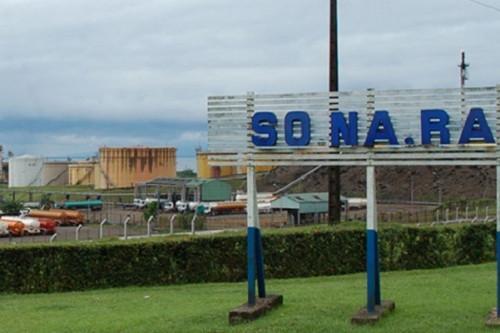
Cameroon: 50 Public and Para public enterprises recorded a XAF59.5 bln loss in 2019, the CTR reveals

(Business in Cameroon) - In its report on the performance of state-owned companies in Cameroon in 2019, the Technical Commission for the Rehabilitation of Public and Para public Sector Enterprises (CTR) revealed that the 50 entities whose performance were analyzed recorded a cumulated net loss of -XAF59.5 billion. These losses are higher than the -XAF56.5 billion recorded in 2018 (in 2017, the losses were -AXF70 billion), the CTR emphasized.
According to the CTR, the largest losses were recorded in the "hydrocarbons, water and electricity" as well as "industry and trade" sectors. In the "hydrocarbons, water and electricity" sectors ( which comprises the following public companies: EDC, Sonatrel, Arsel, AER, CSPH, SCDP, and Sonara) public companies recorded a net loss of XAF96 billion in 2019. The losses were boosted by SONARA, which is now importing finished petroleum products because of the fire that destroyed part of its plants in May 2019.
As for the "industry and trade" sectors (which includes Cicam, Magzi, and CHC Hilton) the public companies recorded a cumulative loss of 28 billion in 2019, according to CTR’s figures. This sector owes its poor performance mainly to the difficulties of the Cicam, which is experiencing challenges in the local textile market, because of competition from Chinese and West African products.
An abyssal debt
Despite the cumulative losses, there are sectors whose performances got better. For instance, in the "health, employment, social security, and scientific research" sectors, the net income of public companies was positive and it was also the highest recorded.
Public companies in these sectors recorded a net profit of XAF74 billion in 2019, mainly due to the robust performance of the National Social Security Fund (CNPS).
Generally, in Cameroon, public companies usually perform poorly, according to the International Monetary Fund (IMF). In addition to not providing dividends to the shareholder-state, and living for the most part on subsidies that account for 1% of the country's GDP (according to the Ministry of Finance) many of those companies have an abyssal debt (ed. note: In 2017, the cumulative debt of 37 public companies was XAF2,624.4 billion). For official analyses, those debts constitute budgetary risks for the country.
So, to control the debt generated by those public companies, therefore reducing the demands on the state budget, the government plans to reduce (or even stop) its subsidies to them. Instead, they will be oriented towards non-sovereign loans from development partners or private banks. This will boost their performance and competitiveness, the government hopes.
Brice R. Mbodiam
Mags frontpage
- Most read 7 days
- shared 1 month
- read 1 month






























